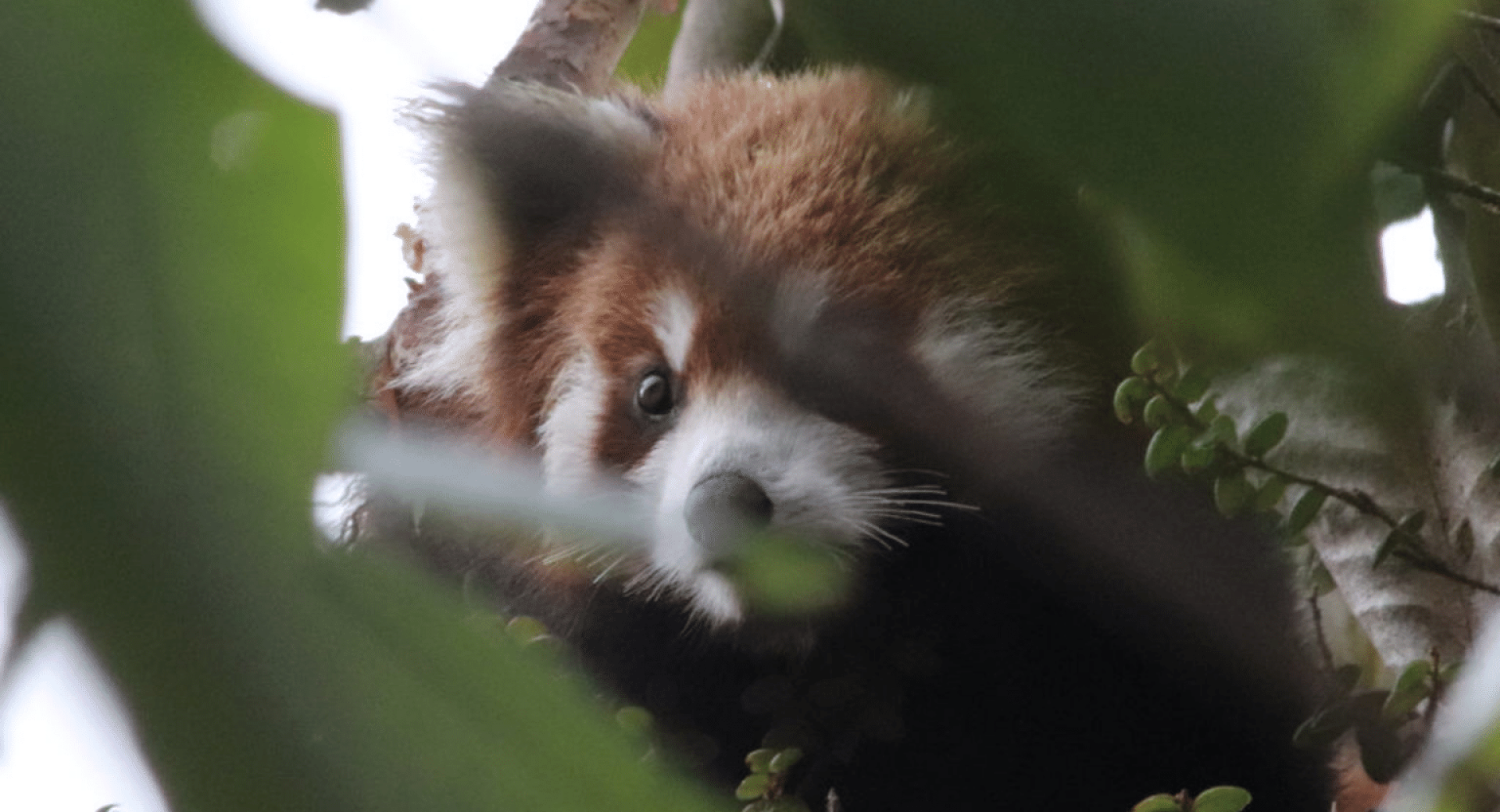
RPN works with herders of Nepal to find harmony between their livelihood needs and forest preservation.
The life of a high-mountain herder in Nepal is a difficult one. The threat of weather is constant, temperatures can fluctuate rapidly, and a person can be separated from their family for long durations. As the seasons change the herder must move between higher pastures in summer and lower valleys in winter— always diligent for any threats to the herd. Each herder has between two and four herding stations which they rotate through seasonally with their livestock throughout the year. Maintaining these stations is time-intensive and requires large amounts of lumber. In the montane regions where red pandas live, this means reduced habitat. RPN is helping herders with improved sheds and practices to mitigate deforestation.
Herding sheds require consistent maintenance, which results in an increased demand for timber—up to 800 trees. Each herding station also requires nearly 40 kg (88 pounds) of fuelwood every day for cooking, boiling, space heating, and cheese production.
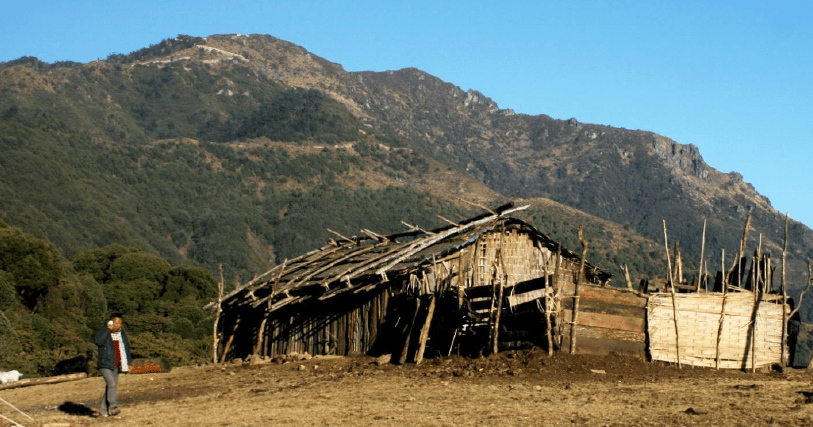 Herding shed used during winter season.
Herding shed used during winter season.
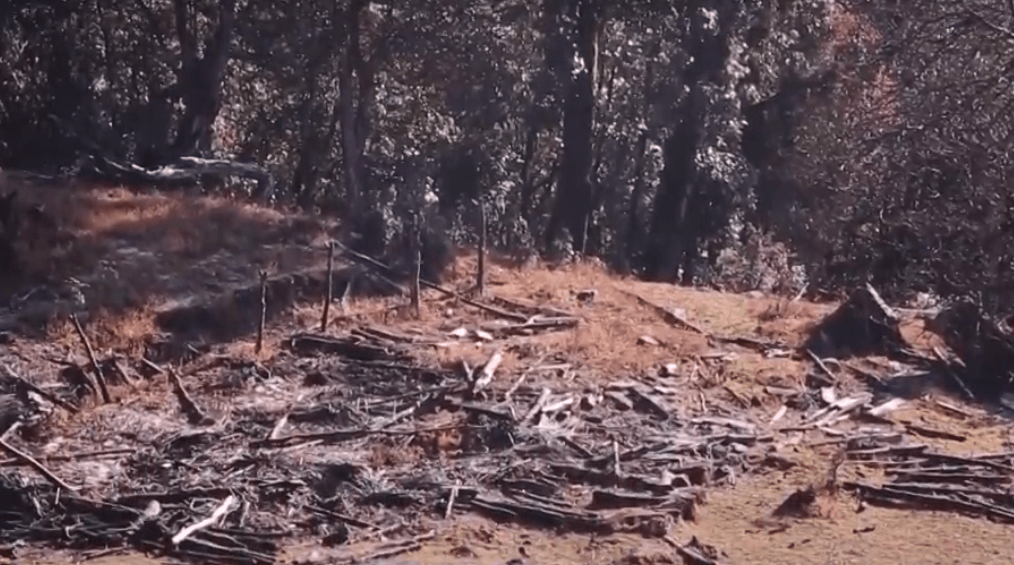 Deforestation in Nepal caused by livestock herders.
Deforestation in Nepal caused by livestock herders.
“During the winter season, we build a makeshift shed by using small branches from a tree and covering them tarpaulin, ” Says Phurba Sherpa, a yak herder from Sankpur, Ilam, Eastern Nepal.
These practices have resulted in deforestation and increased pressure on red panda habitat.
Red Panda Network (RPN) is working with local herders to reduce their dependence on timber. We have designed an improved goth (livestock shed) that includes a portable canvas tent to replace the inefficient herding stations. In 2018, 5,400 trees were saved through the distribution of improved herding sheds and 21 tents to herders.
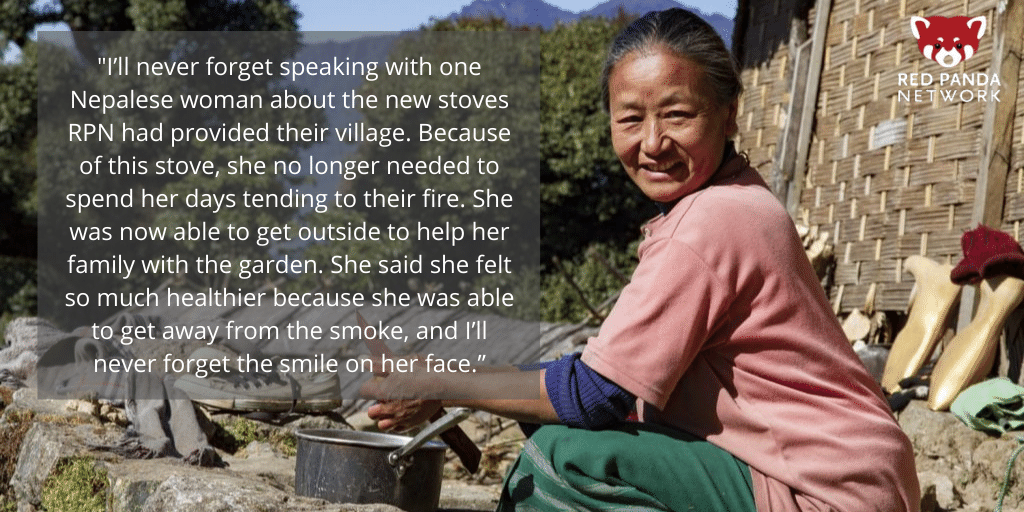 From Julie Kate Washnock reagrding her ecotrip experience in Nepal in 2019.
From Julie Kate Washnock reagrding her ecotrip experience in Nepal in 2019.
RPN also provides herders with improved cooking stoves (ICSs) that are fuel-efficient and reduce firewood consumption and air pollution. ICSs can be easily dismantled and transported to new locations. They have contributed to a 50% reduction in fuelwood consumption and local deforestation, reduced indoor air pollution, and improved space heating. In 2018, RPN distributed ICSs to 63 families and livestock herders—saving 390,744 kgs of fuelwood!
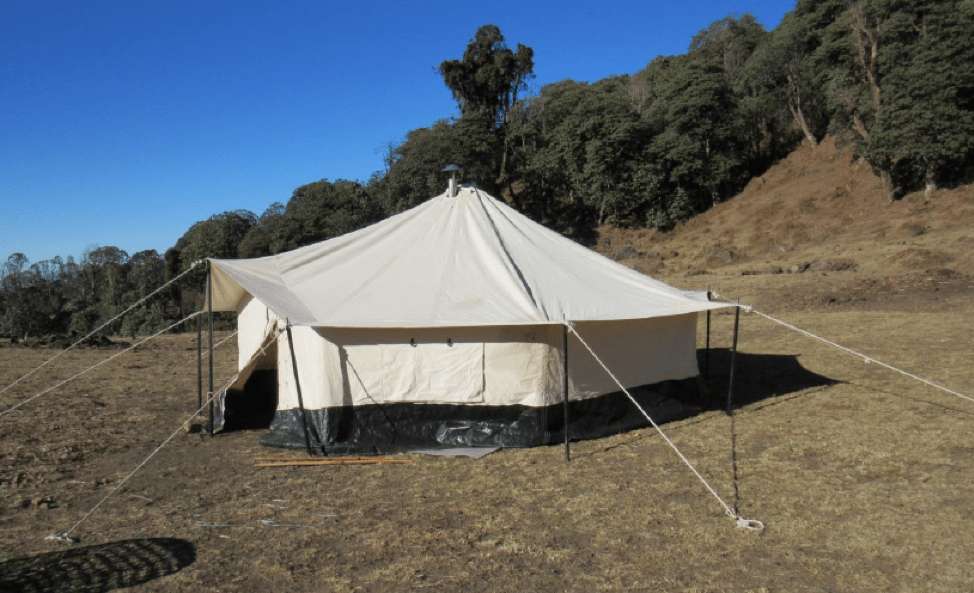 Portable herder tent designed by RPN.
Portable herder tent designed by RPN.
 Local women with ICS. ©RPN
Local women with ICS. ©RPN
These programs have significantly improved the health and livelihoods of local herders. They now have more time to engage in education and income generation activities. Julie K Washnock was able to witness the benefits first-hand during her November 2018 ecotrip with RPN to Nepal: "I’ll never forget speaking with one Nepalese woman about the new stoves RPN had provided their village. Because of this stove, she no longer needed to spend her days tending to their fire. She was now able to get outside to help her family with the garden. She said she felt so much healthier because she was able to get away from the smoke, and I’ll never forget the smile on her face."
Unfortunately, the threats red pandas face doesn’t stop at clear-cuts and habitat loss. Herders often allow cattle to graze in core habitat who trample and feed on bamboo and other plant species that red pandas eat.
RPN works with local herders in developing strategies that mitigate forest degradation. This includes establishing cattle-free protected zones in core habitat, rotational grazing, forest restoration and revegetation, and stall feeding.
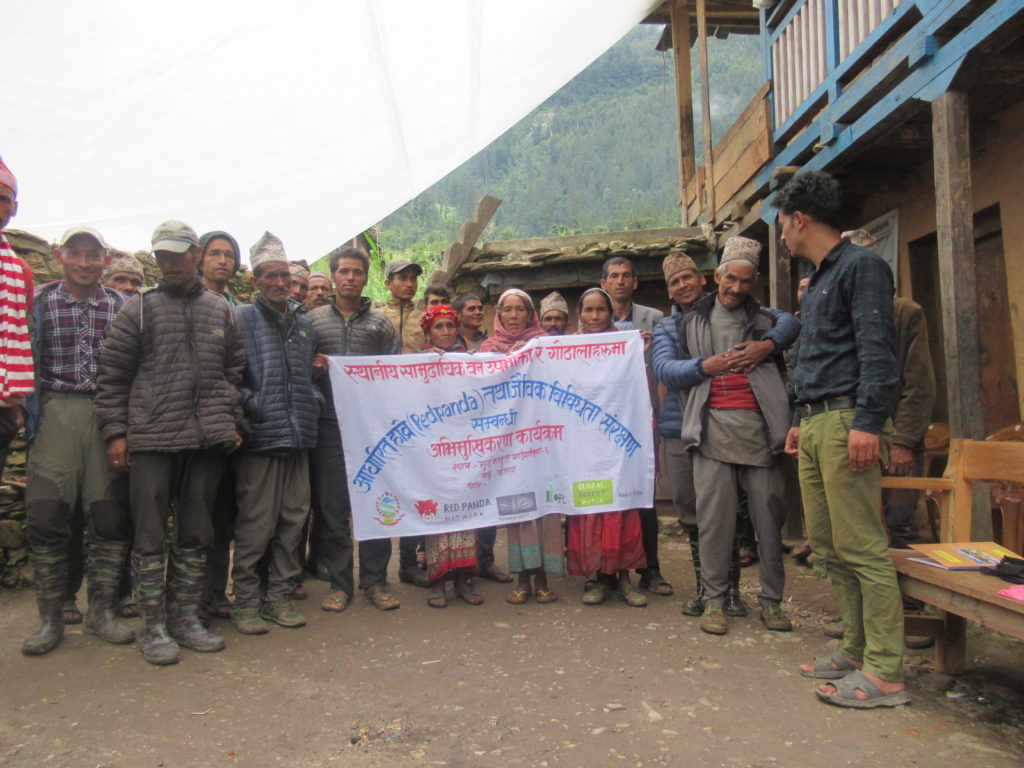
Newly formed herder group in Dolpa district, Western Nepal.
We are also working with Community Forest User Groups (CFUGs) to form a livestock herding management committee that supports the adoption of more environmentally sustainable herding practices. RPN and the committee work together to provide conservation workshops where herders are educated on modern methods including stall-feeding, improved sanitation, and proper management and disposal of livestock waste. We provide them with fodder seedlings to encourage stall feeding and reduce the need for forest grazing.
Additionally, in 2019, RPN completed an assessment for a pastureland management manual that will be distributed to local herders.
In order for herders in Eastern Nepal to be able to successfully adopt sustainable practices, alternative income streams need to be made available.
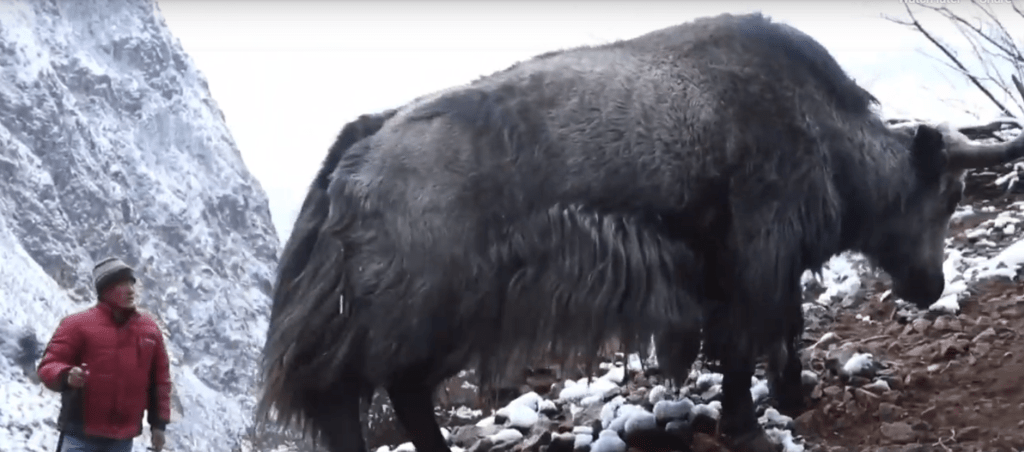 Livestock herder in eastern Nepal.
Livestock herder in eastern Nepal.
“The key issue is economy and livelihood,” stated Dr. Tashi Dorji, Senior Ecologist, International Centre for Integrated Mountain Development (ICIMOD). Dr. Dorji goes on to explain how tourism and high-value niche products (yak cheese and yak wool clothing) are effective markets for herders to earn income that can provide economic stability for their families.
In support of our economic empowerment objectives for people living among red pandas, RPN trained 29 local herders on goth-stay tourism. We plan to offer ecotrips, in the near future, where tourists can stay with herders and view red pandas and other wildlife thriving in the protected surrounding forests.
